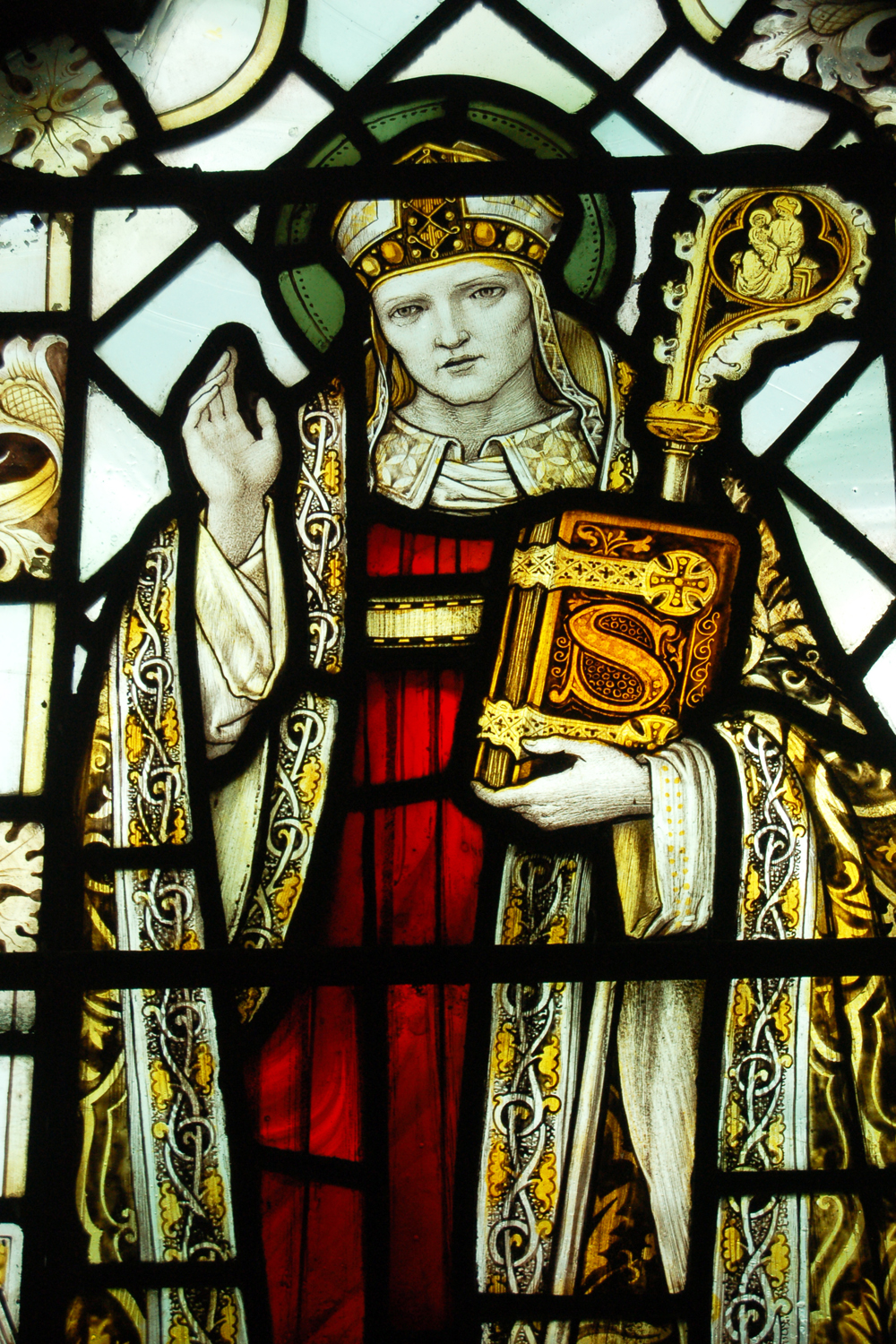
What Actually Is St Swithin’s Day?
By
2 years ago
Today's weather could cast a curse on the rest of summer
Happy St Swithin’s Day! While in many other years, 15 July would simply pass us by, the wild success of Netflix’s One Day earlier this year is bringing this folklore date back into the spotlight. So what actually is St Swithin’s Day? Here’s the significance of the ancient British saint.
What Is St Swithin’s Day?
St Swithin’s Day (also spelled ‘Swithun’) is the feast day of the Anglo-Saxon bishop, Swithin, celebrated annually on 15 July. Born around the year 800, Swithin died in 863 and asked not to be buried in a prominent place in Winchester Cathedral, but outside in a simple tomb, ‘where the sweet rain of heaven may fall upon my grave’. More than 100 years after his death, Swithin was made the patron saint of Winchester Cathedral and his remains were moved inside to a more prominent place on 15 July 971. Legend has it, after the movement, a great storm broke out and it rained for many weeks thereafter, as if Swithin himself was upset to be disturbed. In folklore, this led to the belief that whatever the weather is like on St Swithin’s Day, it will continue in the same way for the next 40 days and 40 nights.
Today, St Swithin remains one of the saints to pray to during times of drought.

Public domain, via Wikimedia Commons
What Is The Saying For St Swithin’s Day?
The old folklore poem commemorating St Swithin’s Day is as follows:
St. Swithun’s day if thou dost rain
For forty days it will remain
St. Swithun’s day if thou be fair
For forty days ’twill rain nae mare
Is there any truth to it? Not a jot. In fact, since weather records began in 1861, there has never been a record of 40 dry or 40 wet days following 15 July. Indeed, in 1924, 13.5 hours of sunshine on 15 July were followed by rain on 30 of the next 40 days. On the flipside, in 1913, a 15-hour rainstorm on 15 July was followed by 30 of the next 40 days being dry.
Jane Austen’s Poem
In 1817, three days before her death, Jane Austen penned a poem called ‘Venta’ about the Winchester Races, featuring St Swithin. The poem begins with the speaker claiming the ‘good people’ of Winchester ‘forgot their old Saint / Not applying at all for the leave of St. Swithin’ before race day. Later, Swithin says to racegoers:
Oh, subjects rebellious, Oh Venta depraved
When once we are buried you think we are dead
But behold me Immortal. – By vice you’re enslaved
You have sinn’d & must suffer
[…]
Ye cannot but know my command o’er July,
Henceforward I’ll triumph in shewing my powers,
Shift your race as you will it shall never be dry
The curse upon Venta is July in showers.
‘Venta’ is the old Roman name for Winchester – so Swithin curses the city with rain showers. Penned on St Swithin’s Day, 15 July 1817, this is the final thing the famed author ever wrote, and the poem was eventually buried in Winchester’s St. Swithin’s Cathedral.

© Ludovic Robert/Netflix
What Is The Significance In One Day?
While Emma is the brainiac of the duo, in the first episode of Netflix’s One Day, it is Dexter who notes the significance of St Swithin’s Day. As the pair sit atop Arthur’s Seat in Edinburgh, he says, ‘You know, there’s a poem. If on Saint Swithin’s Day, it doth rain something, something, something remain.’ Emma replies: ‘Dexter, that’s beautiful.’
Based on David Nicholls’ novel of the same name, the series revisits the duo every year on 15 July from 1988 until the early 2000s. And, significantly, it never ever rains. With Emma and Dexter often coming together on these days, could it be a classic use of pathetic fallacy? It’s always dry because they bring a little bit of light into each other’s lives, even amid all of the darkness they both face at various times.
WATCH: All episodes of One Day are streaming now on Netflix. netflix.com





















